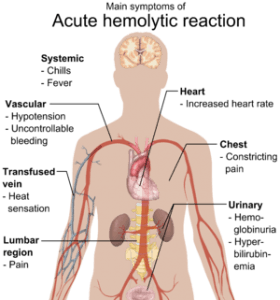The new technology is a huge breakthrough for the field of autotransfusion for cardiac surgery.
The University of Strathclyde, Glasgow, has developed a pioneering surgical blood salvage technology that will transform the way major surgery is carried out by decreasing patients’ loss of blood.
After receiving Canadian national approval and gaining the CE mark, following very successful clinical trials in the University of Kirikkale Hospital in Ankara, Turkey, HemoSep is now set to revolutionize the health care sector.
In order to reduce the volume of donor blood required and the issues associated with transfusion reaction, in a process called auto transfusion, the device is going to recover blood spilled during open-heart and major trauma surgery and concentrate the blood cells for transfusion back to the patient.
Professor Terry Gourlay, who led the development of the technology at the University’s Department of Biomedical Engineering, explained:
“This is a fantastic example of real collaboration between the University of Strathclyde and the medical device industry to take this device from concept to clinical delivery.
The introduction of HemoSep to the medical device field will make a significant difference to people’s lives and greatly reduce the cost and risks associated with blood transfusions. The technology has distinct advantages over traditional techniques which are not only costly but technically challenging and involve the use of a complex centrifuge and pumping apparatus by specialist technicians.
The researchers hope children undergoing open-heart surgery will be able to use a further developed form of a derivative of this technology, when the challenges of blood conservation are even more critical.
The HemoSep device was tested in clinical trials that were carried out in more than 100 open-heart surgery operations. Experts found that the device considerably decreased the need for blood transfusions together with preservation of normal clotting mechanisms and a decrease in the inflammatory reaction often encountered after such surgical procedures.








